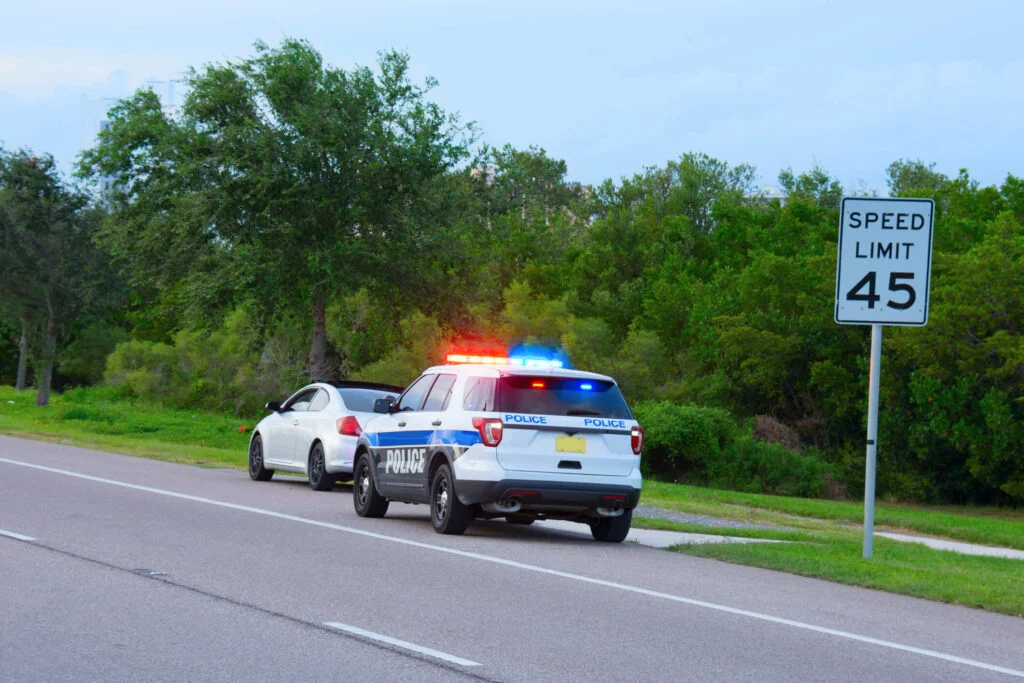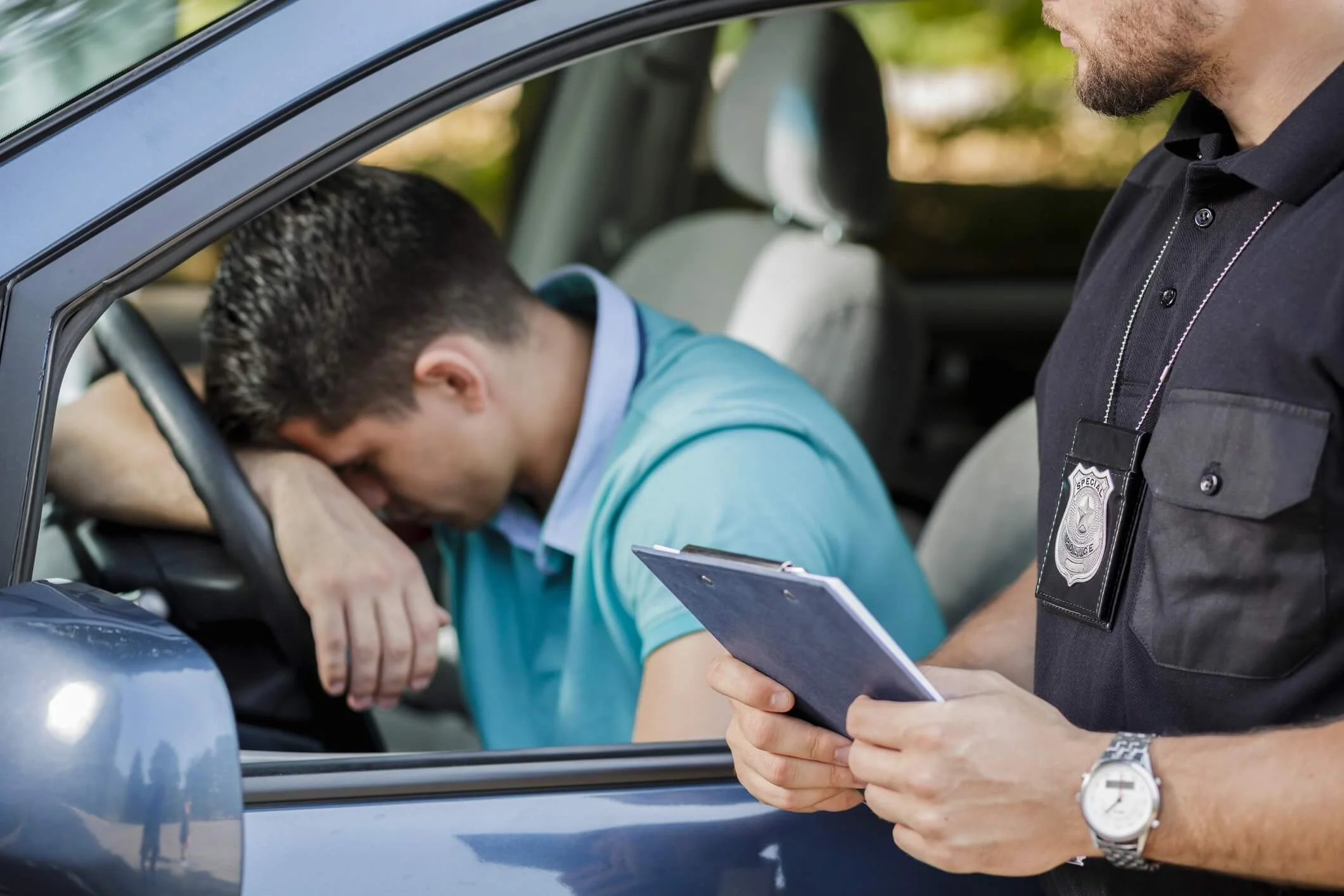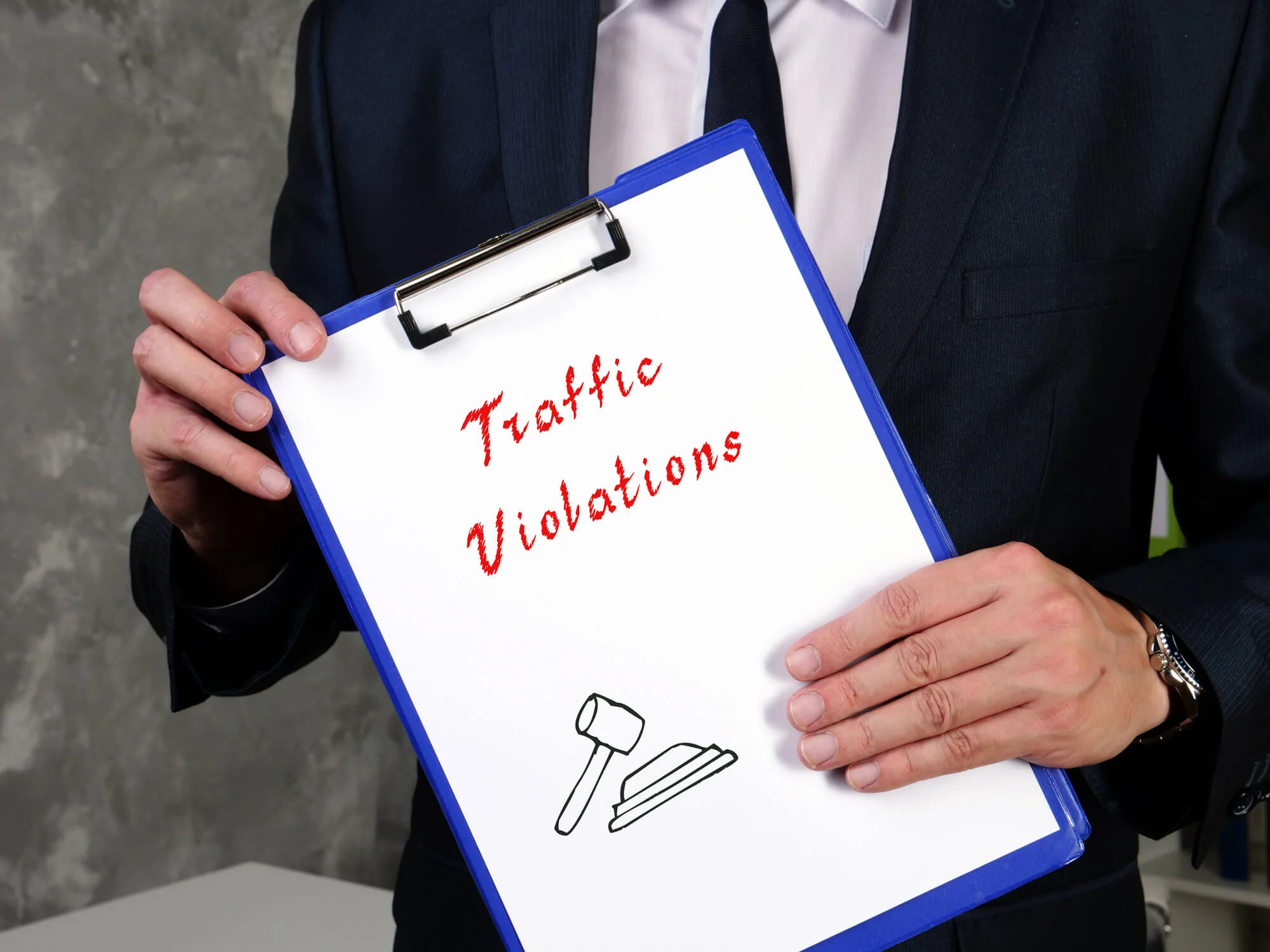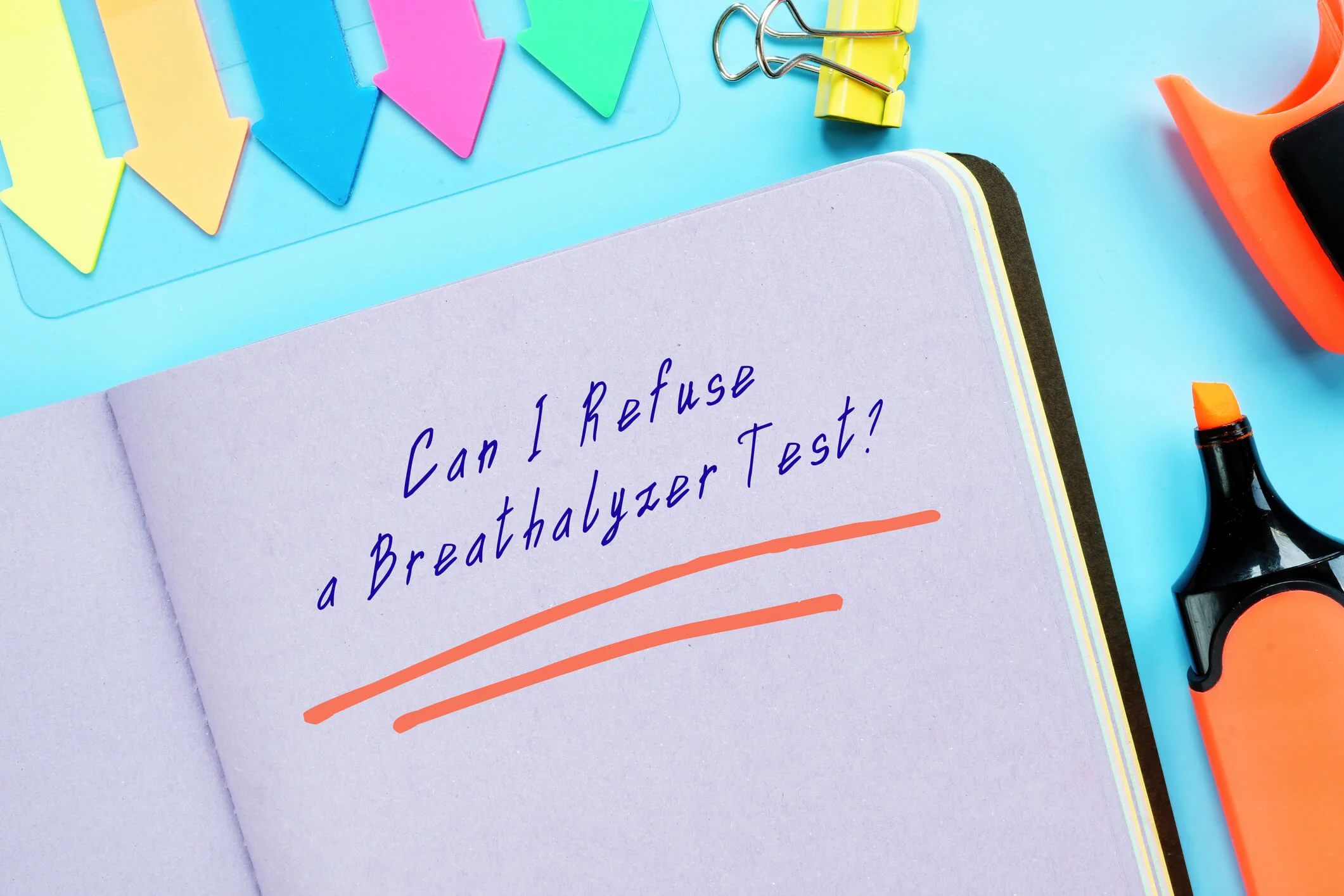Getting a speeding ticket in North Carolina can feel like a minor inconvenience at first. But what many drivers don’t realize is that a single ticket can have far-reaching consequences for your driving record, insurance rates, and even your ability to renew your license. At Constantinou & Burkert Accident Injury Lawyers, LLC, we frequently receive questions from clients about the duration of speeding tickets on their record, the legal implications, and how they can minimize the penalty. Each case carries its severity, and having the correct information can make a significant difference. For example, understanding the process of removal of points or negotiating a reduction can help protect your long-term driving privileges.
In this detailed guide, we’ll break down:
How long a speeding ticket stays on your record
How the point system works in North Carolina
The insurance consequences
Legal options, including PJCs and expungements
Tips for keeping your driving history clean
And when to get help from a qualified traffic attorney
The Basics: What Happens When You Get a Speeding Ticket?
A speeding ticket is considered a traffic violation, and it’s recorded on your driving history. When you are cited for speeding, you’ll face not just a fine but also points on your license that can lead to increased insurance premiums, potential suspension, and even long-term driving privileges issues. In this state, traffic tickets carry consequences beyond the immediate penalty—affecting everything from the renewal of your license to your overall driving record. Many drivers underestimate their responsibility in addressing these violations and often lack knowledge about how such tickets impact their future. It’s a common question, and our experience shows there are multiple ways to minimize or manage the impact of traffic tickets effectively.
In North Carolina (NC), speeding tickets are handled by both the Department of Motor Vehicles (DMV) and the court system. Your record will show the ticket, the charge, and the outcome—whether it was dismissed, reduced, or resulted in a conviction. It’s essential to consider that failure to respond appropriately can result in more severe consequences, such as license suspension. While other states, such as California, may have different procedures, the answer in North Carolina often lies in knowing your rights and acting promptly. Always consider speaking with a legal advisor or a trusted team of professionals for help navigating the system. Disclaimer: Legal processes vary by state and case; consult an attorney for personalized guidance.
North Carolina’s Driver Point System
The North Carolina DMV uses a point system to monitor and penalize repeat offenders. Every moving violation carries a certain number of points, which accumulate on your driving record. Too many points within a set time can lead to the suspension of your driver’s license. It’s essential to stay informed—many drivers rely on news sources or DMV site updates for the latest changes in traffic law. However, not all content online reflects official policy, and opinions or quotes found on blogs or forums shouldn’t replace legal advice. Be cautious of advertising that promises guaranteed results; always verify information with a trusted source or an attorney.
Here’s a quick breakdown of common speeding-related violations and their corresponding points:
Speeding more than 55 mph but under 76 mph: 3 points
Speeding in a school zone: 3 points
Reckless driving: 4 points
Speeding more than 75 mph in a 70 mph zone: 4 points
Aggressive driving: 5 points
Once you accumulate 12 points within three years, the DMV may suspend your license. If you continue driving after a suspension and commit further offenses, the suspension period may be extended.
How Long Do Speeding Tickets Stay on Your Record?
Typically, a speeding ticket in North Carolina will remain on your driving record for three years. During that time, the ticket can affect your insurance rates and may come up during employment background checks, especially for positions that involve driving. If you’re concerned about how a ticket might impact your future, consulting experienced Traffic Lawyers in Durham can help you explore options for minimizing the consequences or possibly having the charge reduced or dismissed.
That said, the impact on your insurance premiums can last even longer, depending on the policies of your insurance company. Some companies evaluate your risk level using a five-year history of traffic violations.
Key facts:
DMV points from a speeding violation stay active for three years
Insurance companies may consider violations for up to five years
Tickets involving reckless driving, DUI, or excessive speeding carry longer-term consequences
How Speeding Tickets Affect Insurance
One of the most common concerns among drivers is how a speeding ticket affects insurance premiums. Insurance companies rely on your driving record to assess risk. Even one minor violation can lead to a premium increase, mainly if you’re already classified as a high-risk driver.
Factors affecting rate increases:
Speed over the limit: The more excessive the speed, the greater the impact
Prior record: If you have other violations, expect a steeper rate hike
Insurance company policy: Some companies have stricter guidelines
Location: Rates and consequences may vary by zip code
For instance, a driver cited for going 15 mph over the speed limit might see a rate increase of 10–20%, while someone with multiple tickets or a reckless driving charge could see premiums double.
Can You Reduce or Remove Points from Your Record?
Yes. North Carolina provides several options to reduce the impact of a ticket:
1. Defensive Driving Courses
The DMV may allow you to complete a defensive driving course to remove points. Typically, you can take one every five years for the purpose of point reduction. This can help preserve your driving privileges and prevent a license suspension.
2. PJC (Prayer for Judgment Continued)
A PJC is a unique North Carolina legal tool that allows the court to withhold judgment after a guilty plea, meaning points are not added to your record. However, insurance companies may still treat it as a conviction, and there are limits:
You may only use one PJC every three years per household
Not all offenses are eligible
Judges are not required to grant a PJC
3. Legal Representation
Hiring an experienced traffic attorney can often lead to dismissal, reduction, or mitigation of the charge. At Constantinou & Burkert Accident Injury Lawyers, our lawyers have successfully helped drivers reduce charges, negotiate penalties, and even seek expungement in some circumstances.
What About Expungement?
In North Carolina, expungement of a traffic violation is rare but possible under specific conditions:
The charge was dismissed or resulted in not guilty
You were under 18 at the time of the offense
It’s been a set number of years with no other convictions
Most convictions for speeding tickets are not eligible for expungement. Still, it’s worth consulting with a lawyer to explore options, especially if you believe the charge was unfair or resulted from a misunderstanding.
The Hidden Costs of Speeding Tickets
Beyond the apparent fine and insurance increase, there are additional consequences to consider:
Court costs and processing fees
Potential loss of job opportunities (especially if driving is required)
Impact on car insurance renewals
Risk of license suspension
Legal fees if contesting the ticket
Failing to address a citation can even result in a bench warrant, further complicating the matter.
Speeding in Different Zones: School, Construction, and More

Constantinou and Burkert Accident Injury Lawyers in Durham North Carolina explain how speeding tickets impact your driving record and insurance
Tickets received in school zones, construction zones, or while driving commercial vehicles often carry enhanced penalties. Fines may be doubled, and judges are less likely to grant leniency in these cases due to the higher risk to public safety.
In some counties, a ticket in a construction zone could lead to court-mandated education, higher fines, or community service.
When to Hire a Lawyer
Not all speeding tickets require legal representation. However, you should consider hiring a traffic attorney if:
You have multiple violations
You’re facing a license suspension
The charge includes reckless driving or DUI
You drive for work (commercial driver’s license, company car, etc.)
Do you want to explore PJCs, reductions, or dismissals
At Constantinou & Burkert Accident Injury Lawyers, we offer expert guidance and a free consultation to help you understand your rights, evaluate your options, and protect your record.
Protect Your Record Starting Today
Speeding tickets may seem minor, but their impact on your driving record, insurance, and legal standing can be severe and long-lasting. In North Carolina, these tickets typically remain on record for three years, but their effects may extend well beyond that — influencing everything from insurance premiums to employment eligibility.
Understanding your responsibilities, knowing your options, and seeking legal advice when necessary can make a substantial difference. Whether it’s exploring a PJC, attending a defensive driving course, or hiring an experienced attorney, taking action is always better than ignoring the problem.
At Constantinou & Burkert Accident Injury Lawyers, we’re dedicated to helping drivers across North Carolina protect their rights, understand their records, and avoid unnecessary penalties. From consultations to full representation, we’re here to provide the support you need.
Ready to Talk?
If you’ve recently received a speeding ticket, don’t wait. Contact Constantinou & Burkert today for a consultation and take the first step toward protecting your record, your wallet, and your future.
Call now or visit our website for fast, friendly, and professional support.
Frequently Asked Questions
Can I fight a speeding ticket without appearing in court?
Yes, in many North Carolina counties, you can hire an attorney to appear on your behalf or resolve the ticket online, especially for minor violations.
Will a speeding ticket in another state affect my North Carolina driving record?
Yes, North Carolina participates in the Driver License Compact, meaning out-of-state violations (e.g., in Virginia or Georgia) can be reported to the NC DMV and affect your record.
Can a speeding ticket be converted to a non-moving violation?
In some cases, yes. With legal assistance, a speeding ticket may be reduced to a non-moving violation, such as “improper equipment,” which does not result in DMV points.
Does a speeding ticket affect a Commercial Driver’s License (CDL) differently?
Absolutely. CDL holders are held to stricter standards. Even minor violations can have serious employment and licensing consequences.
How soon after a ticket is reported to insurance companies?
It typically takes 1–3 months for a conviction to appear on your record and be accessible by insurance companies, but the timing varies.
Do school or work zone violations result in automatic penalties?
Often, yes. Fines are typically doubled, and courts are less likely to offer leniency or approve a PJC for such tickets.
Is it worth hiring a lawyer for a first-time speeding offense?
Yes, especially if the ticket was for excessive speed, occurred in a sensitive zone, or you’re concerned about insurance hikes or job impact.
Can you pay a speeding ticket and still ask for a PJC?
No. Once you pay the ticket, it’s considered a conviction. You must request a PJC before payment and court judgment.
What happens if I ignore or forget to pay a speeding ticket?
Ignoring a ticket can result in license suspension, additional fees, and a possible arrest warrant. Always address tickets promptly.
Does a clean driving record help reduce the impact of a new ticket?
Yes. Courts are more likely to offer favorable outcomes (like dismissal or reduced charges) if you have had no prior offenses in recent years.



